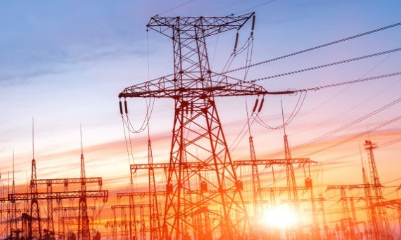Sub-Saharan Africa Faces Major Energy Equity Challenges: WEF Report
The 14th version of the World Economic Forum’s (WEF) report, “Fostering Effective Energy Transition 2024,” was released on June 19, 2024, in partnership with Accenture. This study shows how hard it is for Sub-Saharan Africa to get fair access to energy and how important it is to make sure that the energy transition is fair for everyone.
What is the Energy Transition Index (ETI)?
The ETI is a comprehensive tool used by the WEF to assess the energy system performance of 120 countries. It focuses on equity, sustainability, and security, underpinned by an enabling environment that includes policies, regulatory frameworks, infrastructure, and availability of finance. The 2024 report reveals that Sub-Saharan Africa, despite its challenges, shows the highest growth in ETI scores, primarily driven by improvements in energy access and affordability.
Key Challenges and Advances in Energy Equity
A big problem in Sub-Saharan Africa is still that people can’t pay to use modern energy. About 600 million people, or 53% of the people in the area, still don’t have access to electricity. The WEF study says that big steps have been taken toward switching to energy sources that are more reliable and easy to get to. Tanzania, for example, made it 37.7% easier for people to get power between 2011 and 2020. Meanwhile, Ethiopia’s National Electrification Program aims to provide everyone with electricity by 2025.
Rise in Renewable Energy and Regional Leaders
Several countries in the area have come a long way in incorporating green energy sources. Zimbabwe, for instance, has improved its energy access by increasing the amount of hydropower it produces. This has also helped create jobs in the renewable energy industry. However countries like South Africa still have a lot of room to improve their energy and carbon intensity measures, even though they have made some progress.
Global Comparisons and Leadership
Europe continues to be at the top of the ETI results, with Sweden and Denmark always in first place. Recent changes in geopolitics and strong energy-efficiency policies have helped these countries get strong political backing, make big investments in research and development, and quickly adopt clean energy technologies. Sub-Saharan Africa has a lot of problems to solve. However, the ongoing efforts and new successes noted in the WEF’s 2024 report show how to get past these problems and move toward a fair, safe, and long-lasting energy future.
Month: Current Affairs - June, 2024
Category: International / World Current Affairs








